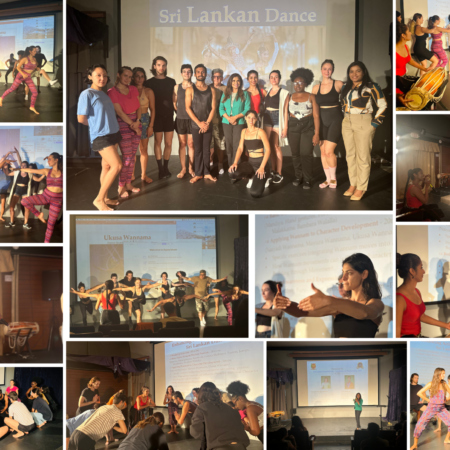By Zahara Zuhair
Any organisation that wants to reach the peak, to be an ‘A’ grade, to be a major player, it must always motivate and upgrade its people by stimulating their minds to perform, as human resource (HR) managers/leaders have to play the primary role in doing that, said Plantation Industries Minister Navin Dissanayake.
“They are the people who identify the talents. They have to identity and bring these people forward and develop their talent. The whole organisation can go forward or backwards on how you motivate your people,” he said at the inauguration ceremony of National HR Conference 2016, hosted by the Institute of Personnel Management (IPM), held at the BMICH recently.
He said that the HR managers/leadership should understand its people, their emotions such as joy, happiness or when they get hurt, because once they are motivated, they would deliver better results, adding that Sri Lankans by nature are very hardworking, where they can be motivated.
“We, as human beings, want to feel appreciated, loved and wanted. When we perform or do something really hard, we want to be appreciated.
Similarly, people who don’t perform and bring the whole organisation down, there should be ways and means of bringing them in or punish them,” he said.
The minister stressed that the leadership of the company must build a good team together, by knowing each person’s capability in who is good at what.
“I feel very strongly and passionately that human beings are the key to any organisation. The leader who can build them, motivate them, by being their brother or friend, can actually move mountains,” he said.
Noting that human movement of labour is something that HR people will have to study and understand as studying the migration pattern of labour is very important, the minister claimed that a scientific analysis in this regard has not been done yet.
“If you look at the plantation sector, development has not happened. Plantation women worker will always remain as plantation woman worker; there is no way of upgrading them or moving up in the value chain. But their sons do not work in their estates, but move to the city,” he said citing an example of labour movement.
He said that when looking at the broad spectrum of various sectors in this country, for example, apparel sector, it has developed itself with companies like MAS Holdings and Brandix, developing their human beings to perform better.
“As a policymaker, when I see private companies doing well, performing, getting the building blocks in place and when the government sector is not doing, I feel very sad because, whether it’s private sector or the government sector, people are people,” he added.
Meanwhile, talking about the education system of Sri Lanka, the minister was of the view that it is not practical as it does not deliver what the market wants, which has to be retooled and reoriented in order to avoid it from getting into a big crisis.
“So, we have a system of where qualifications are based on paper, whether it’s A-level or 0-level. Our education system is based on memorising and writing the exams. I personally feel we should move it to a more integrated method of assessing a human being by not only having exams.
But by having life skills and particle skills, these are important – the art of negotiation, art of winning friends, art of networking. Do we have them in the education?” he questioned.
He asserted that in Sri Lanka the private sector applies more than the government sector as they understand and apply more to the human nature. He said despite this, young people of Sri Lanka still prefer to join the government sector, though it offers a limited amount of salary, very slow upgrading system of promotion, for one reason, which is the pension.
He stressed that the way of thinking among the youth of Sri Lanka should be changed. HR Conference 2016 is comprised of many features, including the research symposium, HR service provider’s exhibition, Great HR debate, National HR Awards 2016, etc.






















